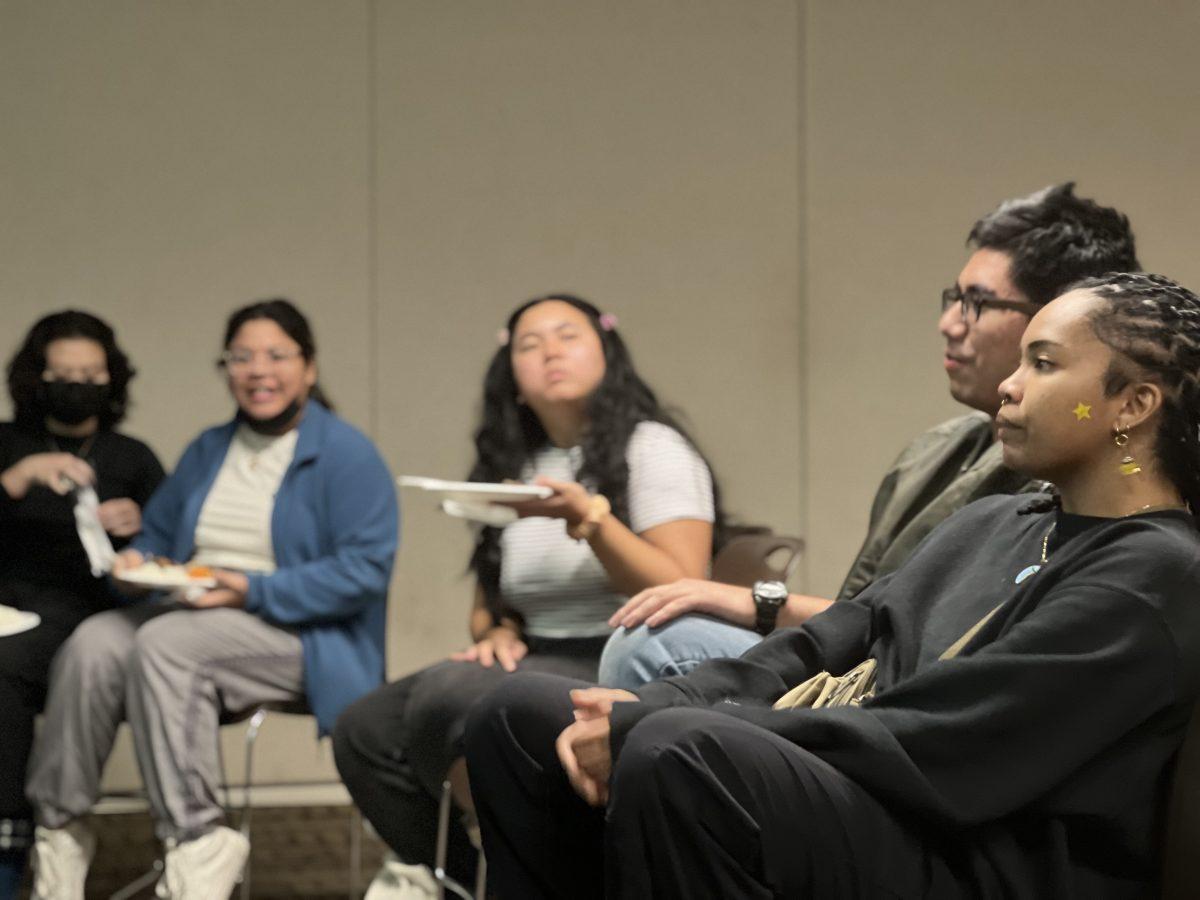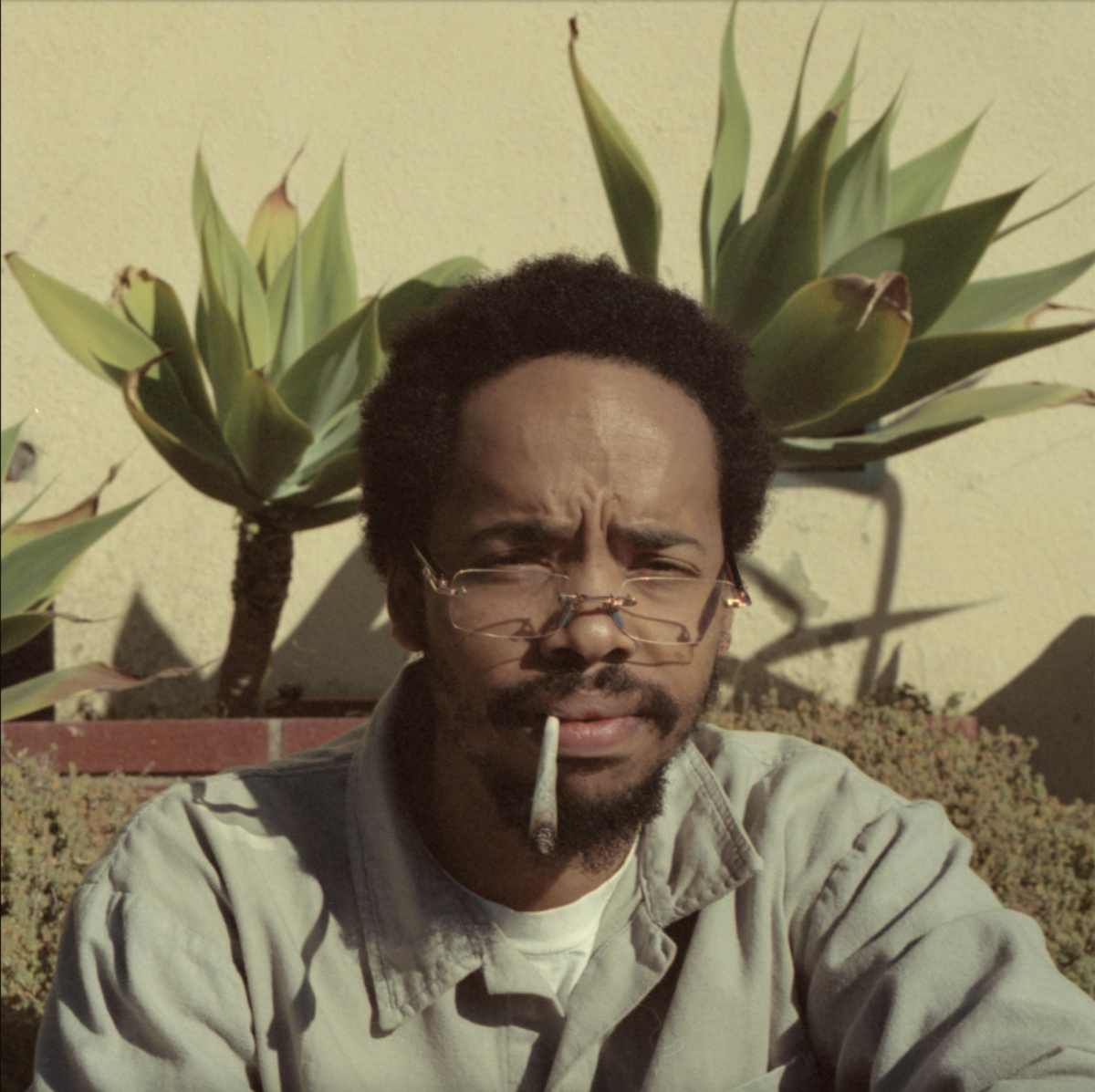LEAD Filipino held a Community Organizing Event Sunday evening in the Student Union.
“LEAD” stands for leadership, education, activism and dialogue. LEAD Filipino is an incorporated charitable nonprofit cultural and educational organization supporting the Filipino American community, according to its website.
LEAD project coordinator Mariseth “Mar” Abat said the idea for the workshop came from talking to peers and community members who wanted to take action on issues that affected their communities.
Abat said many people in the community have these conversations, but can also be overwhelmed or left wondering how to take action.
“How can I make it more palatable and more comprehensible, like demystify what the process looks like?” Abat said. “It’s just community organizing.”
Abat said she wanted to emphasize the importance of having community and collective power.
“When you have community, you have care for somebody else,” Abat said. “From there, you can organize and tackle any problems you and your community face.”
Abat said her motivation for wanting to become a community organizer was growing up as a member of Generation Z, and facing a lot of heavy topics.
She said she doesn’t want her younger brother to grow up the way she has.
“He has been a big point of inspiration for me, trying to change the world for him, people younger than him and those who will come after me,” she said.
Ellina M. Yin, a volunteer for LEAD Filipino, said she came to the event to support her friends and to look for cool places to hang out.
“I also want to be in spaces where youth are gathering, and kind of keep my perspective fresh, so I have a multi-generational approach,” Yin said.
Yin said she thinks there is a lack of spaces where people can engage with what’s going on in their community’s local government without worrying if they’re being offensive.
She said some are concerned about not knowing enough about certain subjects.
“Civic participation to me is engaging in your agency and autonomy, but you have to learn how to do it,” Yin said. “It’s almost like if somebody just gave you a car and said, ‘Go ahead.’ You need to have driving lessons.”
Yin said unfortunately in the American school system, civic participation stops at a state level in K-12 education. To learn about all of the different aspects that make local government work, one would likely have to go into public administration.
“It shouldn’t be like that, because everybody has a right to civically participate,” Yin said.
She also said LEAD Filipino and her podcast “Only in San José” help to provide free civic education.
The organization is “aimed at demystifying and democratizing the process of civic participation in local government-ground zero of systemic change,” according to the Only in San José website.
Yin, a consultant for San José’s office of equity, said the office is currently working on making a basic civics curriculum that will prepare people to attend any public city council or commission meeting.
“Be able to understand ‘What is parliamentary procedures?’, ‘What is the Brown Act?’ (and), how to look up agendas, read memos, (that’s) basically the instruction manual,” she said.
Yin said she has always been active in government, but started getting more engaged during San José’s charter review, which was held over 2021.
The Charter Review Commission was established to solicit community input on potential charter reforms to improve and update the city’s governance structure, according to the city of San José’s website.
Yin said the commission was a constitutional convention the city hadn’t hosted since 1986.
“It was a commission of residents from all 10 districts, and they met monthly,” Yin said. “So I just showed up every month, listened and learned with them.”
In that year, she said she started figuring out how things in government work, used her two minutes of public comment, documented her experience and linked with other commissioners.
Camille Claudio, a San José resident, said she heard about the event through LEAD Filipino.
Claudio said Abat drew her to the event. She also said she wanted to learn more about community organizing.
“This event was an invitation to anyone, at any level of their understanding of organizing, and I would say I’m pretty new to it,” Claudio said.
She said community organizing is a way for members to care for themselves and each other, and to tap into their humanity and shared connection to others.
“Yeah, it’s a way for us to be seen by others as well as seeing other people outside of just ourselves,” Claudio said.






































